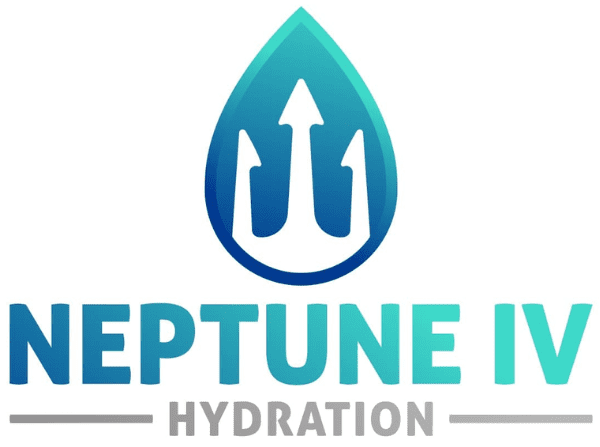Glutathione, a powerful antioxidant produced naturally in the body, plays a crucial role in various physiological processes, including detoxification. While its primary function is to neutralize free radicals and support the immune system, recent attention has focused on its potential benefits in alleviating hangover symptoms. Understanding how glutathione operates in the body sheds light on its potential role in mitigating the aftermath of alcohol consumption.
Hangovers are often accompanied by oxidative stress and inflammation, both of which contribute to the unpleasant symptoms experienced after excessive alcohol intake. Glutathione helps counteract oxidative stress by scavenging free radicals, which are highly reactive molecules produced during alcohol metabolism. This antioxidant activity helps protect cells from damage, potentially reducing the severity of hangover symptoms.
Alcohol metabolism produces acetaldehyde, a toxic substance responsible for many hangover symptoms. Glutathione plays a pivotal role in the detoxification of acetaldehyde by facilitating its conversion into less harmful substances. By enhancing this detoxification process, glutathione may contribute to a faster elimination of acetaldehyde from the body, potentially lessening the duration and intensity of hangover symptoms.
Moreover, glutathione supports the liver, a key organ involved in alcohol metabolism and detoxification. The liver requires an ample supply of glutathione to efficiently process and eliminate toxins, including those generated during alcohol breakdown. By promoting liver function, glutathione may help expedite the clearance of alcohol byproducts, reducing the overall impact on the body and potentially easing hangover symptoms.
Several studies have explored the connection between glutathione levels and alcohol-induced oxidative stress. Excessive alcohol consumption has been shown to deplete glutathione levels in the body. Therefore, replenishing glutathione through supplementation or other means may assist in restoring the body’s antioxidant defenses and mitigating the oxidative damage caused by alcohol.
While glutathione is naturally produced by the body, certain factors can compromise its levels, such as aging, poor nutrition, and chronic alcohol consumption. In these cases, external sources of glutathione, such as supplements, may be considered to support the body’s natural defense mechanisms.
It’s important to note that the effectiveness of glutathione in alleviating hangover symptoms is still an area of ongoing research. While some studies suggest potential benefits, more rigorous clinical trials are needed to establish definitive conclusions. Additionally, individual responses to glutathione supplementation may vary, and factors such as dosage, timing, and overall health should be taken into account.
In conclusion, glutathione holds promise as a potential aid in alleviating hangover symptoms by combating oxidative stress, facilitating acetaldehyde detoxification, and supporting liver function. While research in this area is evolving, the existing evidence suggests that maintaining optimal glutathione levels may contribute to a more efficient recovery from alcohol-induced stress on the body. As with any supplement, it is advisable to consult with a healthcare professional before incorporating glutathione or any other substance into a hangover mitigation strategy.

